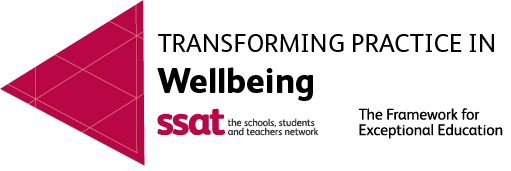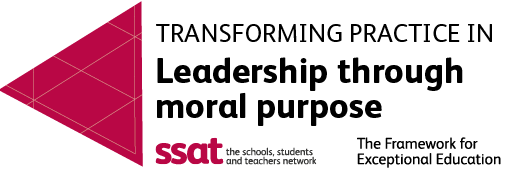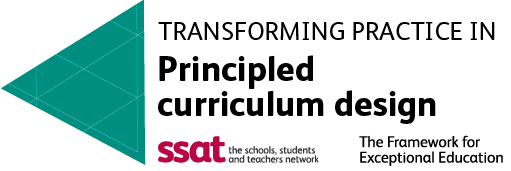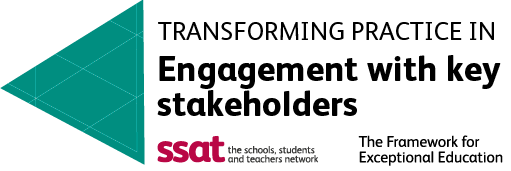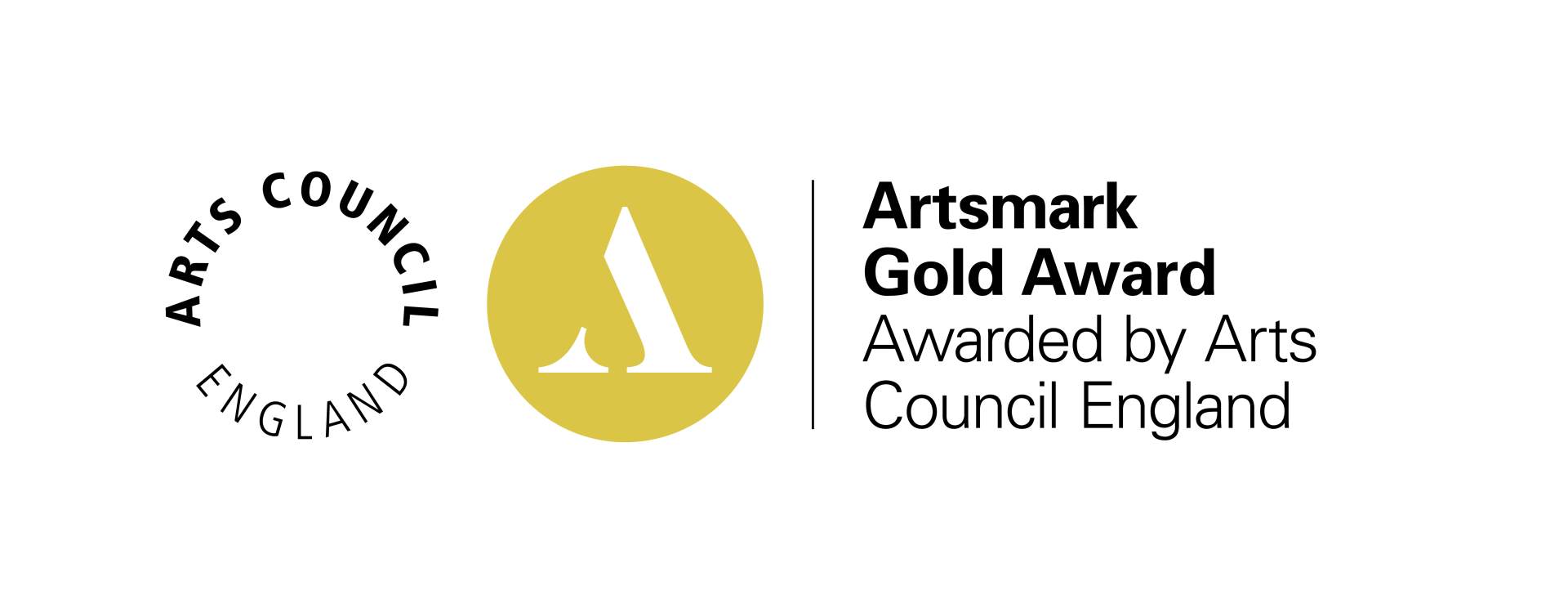Staying Safe Online
GENERAL TIPS for Staying Safe and having a fun time online for Bingley Grammar Pupils
- Be nice to people online
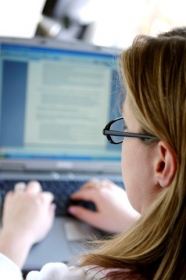
- Take care with what you share
- Keep personal information private
- Check your privacy settings
- Know how to report posts
- Keep your passwords safe
- Never meet anyone in person you’ve only met online
- If you see anything online you find upsetting, tell someone you trust
KS4 Online Safety Lessons
Lesson 6 - Protecting Yourself Online
YAPPETY YAP - so, what should you keep private online?
Kathleen Morris is a former primary school teacher from Geelong, Victoria, Australia. When it comes to sharing information online Kathleen suggests young people get YAPPY! YAPPY is the personal information young people should keep private online:
- Your full name
- Address (home/school/email)
- Phone number
- Passwords
- Your plans and birthday
Blocking and Reporting People Online
If you come across someone on social media that you don’t want to speak to anymore, most platforms give you the option to block them. Find out how at the CEOP Education website.
https://www.thinkuknow.co.uk/11_18/lets-talk-about/online-safety/reporting-and-blocking/
Having Fun Online
Everyone can help make the internet more fun. Here are some tools and tips from the BBC to help you stay positive online.
And here are some games, quizzes, films and advice from the UK Safer Internet Centre to help you get the most out of the internet while staying safe online:
https://saferinternet.org.uk/guide-and-resource/young-people
The schools e-safety procedure document can be found on the School Documents page
E-Safety Support
Below is a news feed supplied by E-Safety Support. This organisation provides information to schools and parents regarding all aspects of E-safety:
Advice and Information for Parent/Carers
As parent/carers (and students), need to be more aware of potential issues, please see the links below to a range of resources which will provide important information and helpful tips on helping your children stay safe online and provide you as parents with information on what you can do to protect your children whilst still allowing them to enjoy the vast resources that are on the internet.
Web Links:
- ConnectSafely - Parent/Carers guide to Facebook
- UK Safer Internet Centre - Tips, advice and resources to help children have a safe and positive time online.
- The Breck Foundation - Training for parent/carers, students and teachers.
- NSPCC Share Aware - Resources for parent/carers and teachers.
- Childline - Information and advice service for children and young people.
- CEOP (Child Exploitation and Online Protection Command) - For reporting and recording concerns.
- Think You Know - CEOP website for students – games and activities to promote online safety.
- It Starts With Us - A BBC website full of tools and tips for staying safe online.
- Get Safe Online - Useful advice for parent/carers and students.
- Kidsmart - A Childnet website offering advice to parent/carers and activities for young people.
- Parent Info - Information to help children and young people stay safer online.
- Childnet - Building awareness and understanding of digital citizenship.
- How to keep kids safe online - This link provides useful information regarding online safety. Please note: we have not used the services of this company and do not support/endorse them in any way.
- O2 Internet Safety - This link provides information for parents and students in regards to staying safe online.
- Virgin Media O2 - Children’s internet safety test to help build awareness for parents and children of all ages to ensure they are better protected online.
Documents
- Cyberbullying Report Form
- Snapchat Safety
- Student E-Safety Incident Report Form
- Spotify Safety
- Twitter Safety
- YouTube Safety
- Roblox Safety
- New Devices Safety
- Artificial Intelligence Safety
- Positive Outcomes of Gaming
- Open Discussion About Digital Lives
- 12 Top Social media Safety Tips
- 12 Top Tips For Building Cyber Resilience
Finally if you have any concerns regarding online safety and cyber bullying please contact the DSL Matthew Atkinson or a member of your child’s year team, whose details can be found here:



 Safeguarding
Information
Safeguarding
Information Arbor
Arbor